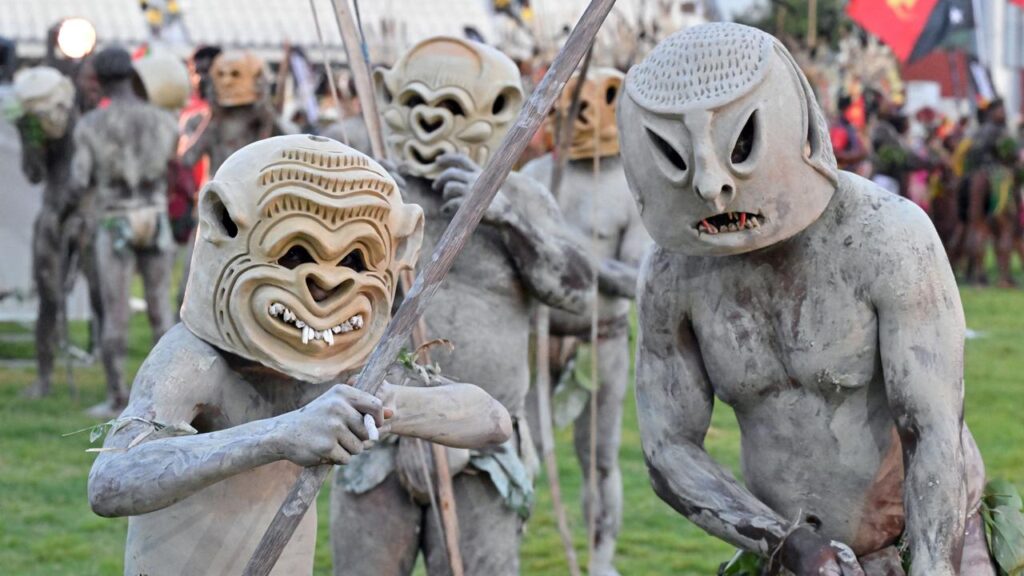PNG defence pact sign-off delayed in setback for PM
Jacob Shteyman and Lloyd Jones |

A delay in signing a “crocodile” defence treaty with Papua New Guinea has “no downside”, Prime Minister Anthony Albanese says, brushing aside claims it’s an embarrassment for Australia.
Mr Albanese left Port Moresby on Wednesday without the hoped-for defence pact after the PNG government’s cabinet didn’t sign off on the landmark agreement in time.
He and his counterpart James Marape were expected to ratify a mutual defence treaty deepening military co-operation, but only managed a communique laying out the wording of the pact.
It marks the second time in as many weeks that Mr Albanese has failed to wrap up an actively promoted security deal with a Pacific nation amid geostrategic competition, primarily China.
Mr Albanese returned empty-handed from a visit to Vanuatu last week, after failing to land a $500 million deal that would have given Australia veto power over Chinese investment in critical infrastructure.
Australia remains hopeful of tying up that pact, as well as an enhanced security agreement with Fiji.
If signed off with PNG, the Pukpuk Treaty – named after the pidgin word for crocodile – would elevate the two nations’ relationship to the status of an alliance – the first new one for Australia in more than 70 years.

Mr Albanese told reporters in Port Moresby after Wednesday’s signing of the communique that the pact was proposed by PNG and contained a commitment by the two nations to mutual defence.
Australia respected PNG’s democratic processes and expected the pact to be finalised in the coming weeks, Mr Albanese said.
Uncertainty remains over whether Mr Marape will be able to wrangle an agreement from his splintered governing coalition, amid concerns over what the deal would mean for PNG’s sovereignty.
Mr Marape told reporters his constant concern was that PNG didn’t have the defence force it needed to defend itself from attack.
“I have to work the fastest, quickest, earliest, the best of my ability to make sure the country is able to protect itself,” he said.
“We made a conscious choice that Australia remains our security partner of choice.”

But PNG remained “friends to all and enemies to none” and Mr Marape said he saw no immediate threat to his country, though there were “internal security issues”.
He urged respect for China, “an enduring friend of PNG for the last 50 years”.
When asked if it was embarrassing to come away without a signed treaty, Mr Albanese said Australia respected the processes of the PNG cabinet.
“The communique today, as signed, outlines precisely what is in the treaty. We’re releasing that for everyone to see today and this is very positive, very positive. There is no downside in this whatsoever,” he said.
Mr Marape said there was no “sticking point” holding up the signing, but due process had to be allowed for and he expected a “quick turnaround”.
He rejected any suggestion China had a role in the delayed signing.

The pact would enable PNG nationals to serve in Australia’s defence force with the same pay as other members and start a pathway to citizenship.
It would also lead to the close integration of the two defence forces and trigger mutual support obligations if either country comes under attack.
Mr Albanese has been in the PNG capital this week for celebrations marking 50 years since the Pacific nation gained independence from Australia.

Celebrations wrapped up on Tuesday night with a spirited show at Port Moresby’s Sir John Guise Stadium.
AAP